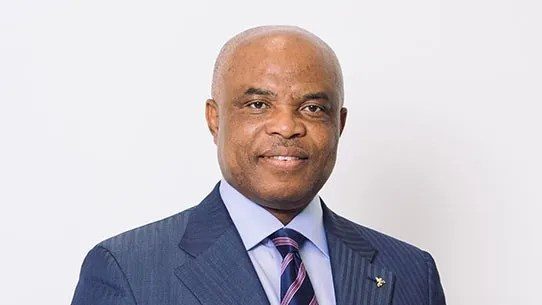Nigeria’s former vice-president, Prof. Yemi Osinbajo, has called for a fundamental restructuring of Nigeria’s legal and judicial philosophy, especially the tendency of courts prioritising technicalities over substantive justice.
Osinbajo made the call on Thursday in Ilorin, Kwara State, while speaking at the 2nd Prof. Yusuf Ali’s Annual Lecture organised by the Kwara State University (KWASU) Malete.
The former vice-president said the essence of any justice system is to serve the people, not to glorify procedural formalities.
He expressed concern that many judicial decisions, including those of the Supreme Court, often leaned towards form rather than substance.
”Even English courts, whose practices we inherited, have evolved beyond such rigid technicalities by allowing amendments at any stage to ensure justice is done,” he said.
Osinbajo posited that Nigeria’s continued attachment to outdated technicalities undermined justice and eroded public trust in the judiciary.
”In view of this, I urge legal practitioners, academics and policymakers to adopt critical, decolonised thinking to reform legal education, legal practice, and the administration of justice.
”Though the Supreme Court has occasionally adopted a more flexible approach, particularly in electoral matters, inconsistency remains a major concern.
”It is important to note that a justice system that glorifies form over substance, risks losing its relevance and effectiveness,” he said.
The Guest Lecturer, Prof. Chidi Odinkalu, urged Nigerian lawyers and law students to confront and dismantle the lingering colonial legacies embedded in the nation’s legal system.
Odinkalu while speaking on the topic ‘Towards Decolonising Legal Briefs: Effective Implementation of the Local Content Law for the Benefit of Nigerian Lawyers’, said Nigeria’s justice system is still hooked to the rest of the world.
He said it was high time Nigeria transitioned from political independence to ideation independence by promoting local contents.
The professor of Practice and International Human Rights Law said though Nigeria is independent politically, “we lacked occupational independence”.
He stressed that the country’s legal framework still bore the imprint of the colonial intrusion and needed to be changed.
The guest lecturer emphasised the need to build an independent and credible judiciary as a core part of the decolonisation process.
In his remarks, KWASU Vice-Chancellor, Prof. Jimoh Shaykh-Luqman, expressed gratitude to God and stakeholders for the progress recorded in the institution’s Faculty of Law.
He announced that several infrastructural projects, including a departmental building, 500-seat auditorium, and two 250-seat lecture theatres, would be completed and delivered to end users by December.
Also speaking, Prof. Ali said all nations must have a rallying point which Nigeria lacked.
He said the only time Nigerians truly united is during international football matches, a fleeting moment of togetherness that quickly faded afterward.
He urged citizens to confront the reality of systemic failures instead of romanticising the past, noting that the country still exhibited all the parameters of failure. (NAN)





